public diplomacy
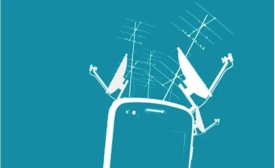
CPD is pleased to present a report summarizing discussions from the March 2013 conference: "International Broadcasting in the Social Media Era." Key topics included participation, transparency, and the journalist’s changing role in today’s rapidly evolving mediascape.
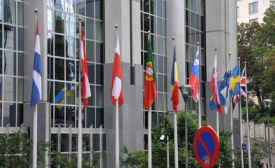
This piece was co-authored by Jan Melissen.
BRUSSELS - European Commission President José Manuel Barroso was right. Had the European Union instead of the United States fallen into partial government shutdown, the world would not have hesitated to use this as an opportunity to berate Europe and its influence as a global leader.
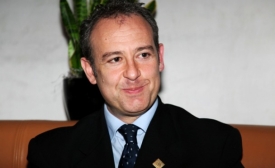
Ambassador Arturo Sarukhan, Mexico's former Ambassador to the United States, will be in residence as the 2013-14 CPD Distinguished Fellow. He spoke about a history of perceptions and realities in the Mexico-US relationship, and the implications for public diplomacy engagement.
In October, I had the opportunity to take part in a unique project; creating a music video for a social action campaign. The project emerged from several conversations with fellow Annenberg graduate student Rotana Tarabzouni, a woman born and raised in Dhahran (an eastern city in Saudi Arabia). As a Saudi woman, Rotana grew up under a system that imposes restrictions on her individual agency.
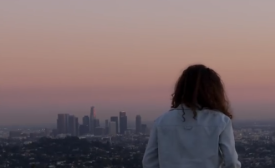
APDS Blogger: Gabriel Bernadett-Shapiro
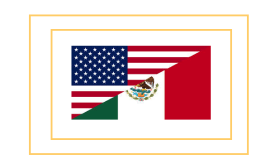
On November 9, the website for the U.S.-Mexico Network at USC went live in conjunction with an event featuring Hillary Rodham Clinton.
I was proud to be an American last night and honored to say a few words about Ambassador Thomas Pickering on the occasion of his delivering the Third Annual Walter Roberts Lecture at GW’s School of Media and Public Affairs which houses the Institute for Public Diplomacy and Global Communication. It was Ambassador Pickering’s birthday and he was in fine form as he answered tough questions from Frank Sesno director of the School of Media and Public Affairs.
The deteriorating security situation throughout much of the Arab world underscores the need to urgently search for nonviolent methods of achieving stability. At the heart of the current unrest are not only political issues but also economic failures that are wiping out the vestiges of hope that remain after the region’s recent revolutions. In conflict situations, public diplomacy must be employed carefully. Sometimes the swirl of violence becomes so pervasive that it sucks up the oxygen needed for peaceful enterprise to survive.







